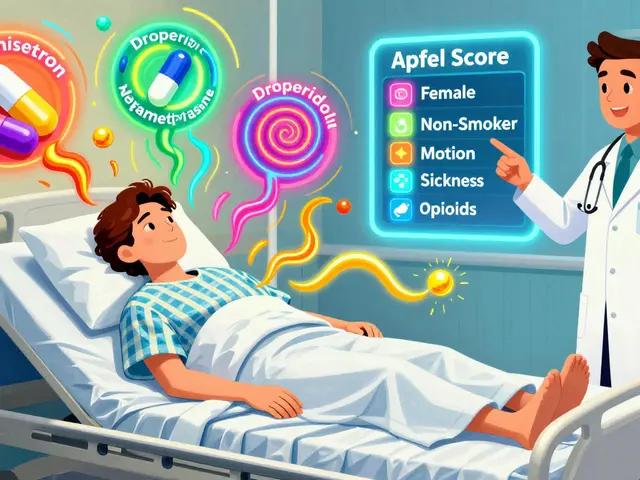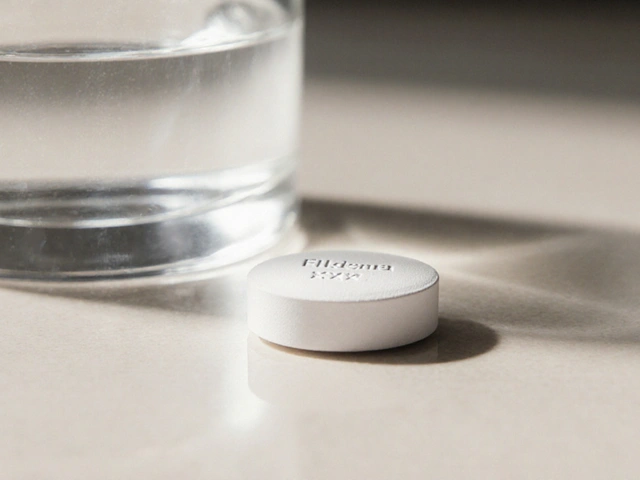Cholesterol Medication Guide
If you’ve been told your cholesterol is high, chances are a doctor will suggest a medication. These drugs lower the bad (LDL) cholesterol, help prevent heart attacks, and keep blood vessels healthy. Below we break down what’s out there, how they work, and where to get them safely.
What Are Cholesterol Meds and Why They Matter
Cholesterol meds are medicines that change the way your body handles fats. Most of them target LDL – the “bad” cholesterol that builds up in arteries. Lowering LDL reduces the risk of heart disease, stroke, and other problems linked to clogged vessels.
Top Drug Classes & How to Choose
Statins are the most common. They block a liver enzyme that makes cholesterol, so levels drop quickly. Popular names include atorvastatin, rosuvastatin, and simvastatin. Side effects can be muscle aches or mild liver changes, but they’re usually harmless.
Ezetimibe works differently – it stops the gut from absorbing cholesterol from food. It’s often added to a statin when extra lowering is needed. People tolerate it well, though occasional stomach upset can happen.
PCSK9 inhibitors are newer injections (like alirocumab and evolocumab). They boost the liver’s ability to clear LDL. These are pricey but great for folks who can’t reach goals with pills alone.
Bile‑acid sequestrants such as cholestyramine bind cholesterol in the gut and prevent reabsorption. They’re cheap, but they can cause constipation and make it harder to absorb other medicines.
Fibrates (gemfibrozil, fenofibrate) mainly lower triglycerides and raise “good” HDL cholesterol. If you have high triglycerides along with LDL, a fibrate might be added.
Choosing the right drug depends on your exact numbers, other health issues, and how you respond to treatment. Always discuss risks and benefits with your doctor.
How to Get Your Prescription Safely
The first step is a blood test and a chat with a healthcare provider. If they write a prescription, you have three safe options:
- Local pharmacy: Walk‑in or call ahead. You get face‑to‑face advice and can ask about side effects.
- Telemedicine visit: A licensed doctor reviews your labs online and sends an e‑prescription. Look for services that require a real medical license in your state.
- Verified online pharmacy: Use sites that display a US‑based pharmacy license, show a physical address, and have secure payment. Avoid any shop that offers “no prescription needed” or huge discounts that seem too good to be true.
When you order online, check the medication name, dosage, and expiration date when it arrives. Keep your prescription label handy – insurance may need it for a claim.
Red Flags & Tips for Buying Online
If a website asks for payment before confirming the prescription, that’s a warning sign. Same with sites that only accept gift cards or cryptocurrency. Stick to pharmacies that accept credit cards and have clear return policies.
Read customer reviews, but focus on recent ones that mention product authenticity. A good pharmacy will also provide a pharmacist contact you can call for questions.
Finally, never share your personal health info on unsecured websites (look for https:// in the URL). Protecting your data is as important as protecting your heart.
Quick FAQ
- Can I stop statins if I feel fine? No. Stopping can raise cholesterol quickly and increase risk of a heart event.
- Do I need to take my pill at the same time every day? Yes, especially for statins – consistent timing helps maintain steady blood levels.
- Are there natural ways to lower cholesterol instead of meds? Diet, exercise, and weight loss help, but many people still need medication to hit target numbers.
Cholesterol medication can be a simple tool to keep your heart healthy. By knowing the drug types, getting a legit prescription, and buying from trusted sources, you stay in control of your health without surprises.
Simvastatin vs Alternatives: Zocor, Atorvastatin, Rosuvastatin, and Non-Statin Options Examined
Curious if simvastatin fits you? Compare Zocor with atorvastatin, rosuvastatin, and non-statin options, plus get tips on switching and real-world advice inside.






